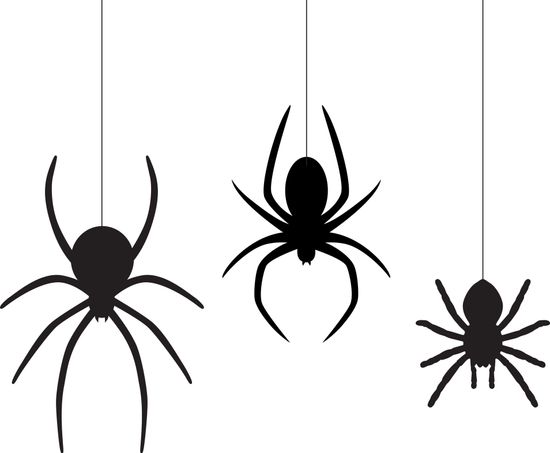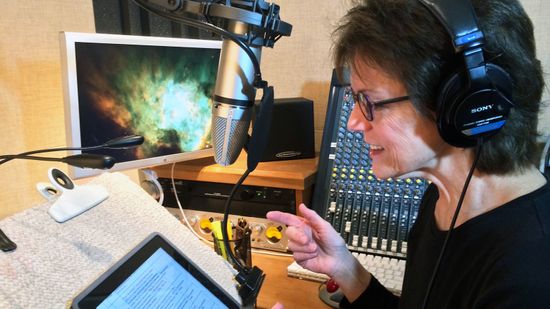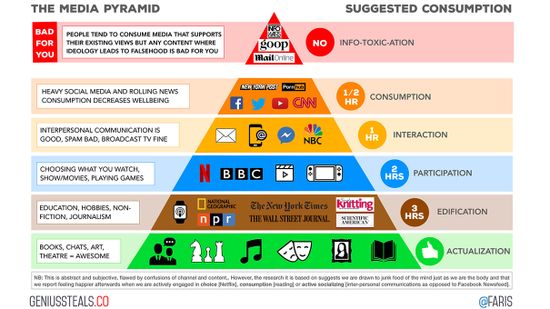Etiquette & Languages
Etiquette and Languages observes how people relate to each other through behaviors and speech. Find information on topics like tipping, sign language, good manners and slang.

Inside LA's Forest Lawn, Where the Biggest Celebrities Rest in Peace

Is Human Composting the Greenest Burial Option?

What's With Germany's Strict Burial Regulations?

Unleashing Majestic Power: Exploring the Symbolism of Lion Tattoos

Unveiling the Profound Symbolism of Spider Tattoos

Unraveling the Symbolic Tapestry of Dragonfly Tattoos: Meanings, Designs, and Transformative Power

The 10 Weirdest Foods in the World Have Us Struggling to Finish Lunch

13 Indian Festivals That Celebrate Life, Love and Renewal

10 Japanese Festivals With Distinctly Different Vibes

Why Do Kids Say '6 7'? What Does '6 7' Actually Mean?

What's the Science Behind Mood Rings?

10 Things We Love to Hate About the '70s and '80s

5 Family Traditions for New Babies

5 Family Anniversary Traditions

5 Family Traditions for Daughters

13 Types of Dragons Humans Have Dreamt Up Over Millennia

Foo Dog: A Mythical Mix of Lion and Chow Chow

Are Black Magic Spells Powerful? The Truth Behind Their Strength

20 Old Money Last Names That Scream Aristocracy

20 Most Common Surnames in the U.S. (and What They Mean)

What Are the Most and Least Popular Birthdays in the U.S.?

90s Slang You Don't See Anywhere but TikTok Anymore

7 Gen Z Characteristics to Help You Understand Zoomers

10 Millennial Characteristics to Decode a Generation

How Many Sentences Are in a Paragraph, Really?

All About Adjectives: Examples, Types and Uses

Simile Examples in Literature and Everyday Language

The Origins of Valentine's Day: A Surprisingly Dark Roman Tradition

Russian Christmas Traditions: Jan. 7, Nativity Fast (Not Feast!) and More

Origins of Santa Claus: A Turkish Saint and American Poetry

Mexico's Flag Represents Ancient History and Everlasting Hope

5 Black-Red-Yellow Flag Designs Around the World

Which Blue and White Flag Is That? 9 Possibilities

How to Tell If She’s Cheating: Common Clues and Behaviors

Signs She’s Not in Love with You – She’s Just Playing Along

7 Signs He Likes You More Than Just a Friend

10 Prayers for Anxiety to Help You Summon Calm

10 Prayers for Healing and Troubling Times

Why Do We Say 'Amen'?

5 Most Bike-friendly Cities in the U.S.

The Zizians: A Strange and Dangerous Techno-Cult

How Synanon Went From Rehab Philosophy to Violent Cult

Quiz: Finish That Jingle!

How One Woman Unexpectedly Became the Voice of Siri

There's a Healthier Way to Consume Your Media
Learn More
Exploring Arabic-speaking countries entails looking a vast linguistic map that stretches across the Middle East and North Africa.
English connects the world through education, business, and media. English-speaking countries appear on practically every continent, shaped by history, government policy and cultural exchange.
More than 300 million people around the world speak French, making it one of the most widely spoken languages on the planet. This global language has spread far beyond France, thanks to centuries of French colonialism, cultural exchange and diplomacy.
Advertisement
If you are searching for the most-spoken languages in the world, you are really asking how people communicate across culture, history, and geography.
The English language is full of quirks, and sometimes weird words sneaks into your vocabulary that make you stop and scratch your head when you really think about them.
Communication drives everything from friendships to billion-dollar business deals. But not all communication is created equal. In fact, the types of communication we use can completely change how our messages land.
Have you ever stopped mid-sentence and wondered, "What are the most common words in English?"
By Mack Hayden
Advertisement
Ever wondered why certain letters in the English language seem to pop up everywhere? Why your word game strategy revolves around the mighty letter E — or why some letters, like Z, feel like they belong in a letter witness protection program?
By Mack Hayden
Tongue twisters are those delightfully tricky phrases or verses that are designed to challenge the articulation and coordination of speech. The hardest tongue twister is packed with sequences of similar sounds, particularly consonants, that are super tricky to say quickly or repeatedly.
By Karina Ryan
If something happens on a rare occasion, you might have heard someone describe is as a "once in a blue moon" situation. The phrase describes occurrences that don't come around often, making them extraordinary.
By Yara Simón
"Let's touch base" is a common phrase in emails and meetings. It's a handy idiom for when you want to connect or briefly check in with someone.
By Yara Simón
Advertisement
Have you ever seen someone so well-dressed that they looked ready to walk onto the red carpet? To describe someone who's gone all out, putting on their finest clothes to make a stylish impression, you might say they have dressed to the nines.
By Yara Simón
If you've ever uttered the phrase, "It's raining cats and dogs," you may have thought it was a bizarre way to describe heavy rainfall. After all, it conjures images of cats and dogs tumbling from the sky. While cats and dogs may not literally be falling from the sky, they may have inspired the phrase.
By Yara Simón
Let's dive into a term that describes something wildly imaginative but, well, a bit unrealistic: a pipe dream. If you've ever had an idea that feels amazing but probably isn't going to happen, you've had a pipe dream. But where does this expression come from, and what does it mean?
By Talon Homer
Ever had plans that got canceled because of bad weather or a last-minute schedule change? If so, you might have been offered a rain check.
By Talon Homer
Advertisement
Ever hear someone say, "Look on the bright side!" when you're feeling down? They're talking about finding a "silver lining," an expression we use when we want to see the positive aspect of a challenging situation, often included in the longer phrase "Every cloud has it's silver lining."
By Talon Homer
You may have heard the phrase "benefit of the doubt" tossed around when people are accused of things without solid proof or when someone decides to think the best of a person in a tricky situation. But what does it actually mean, and where did it come from?
By Talon Homer
"Tit-for-tat" is a common phrase that's all about fair play — or sometimes, not-so-fair retaliation. You've probably heard of doing something tit-for-tat when someone feels wronged. In that situation someone responds in kind, often giving back exactly what they got, good or bad.
By Karina Ryan
Have you ever heard someone say they're feeling under the weather and wondered what their feelings have to do with the rain or sun outside? It's one of those phrases that we don't take literally; we understand that the person means they're feeling ill.
By Ada Tseng
Advertisement
Have you ever been about to perform, only to have someone tell you to break a leg? That might sound strange — or even a bit harsh. After all, who wants a debilitating injury right before stepping on stage?
By Ada Tseng
Ever been in a situation where you didn't have a set plan and just had to figure things out as you went along? That's when you might decide to "play it by ear."
By Zach Taras
If you've ever been to brunch after a night of too much celebrating, you've probably heard about using the "hair of the dog" to cure your queasiness. It usually pops up when someone suggests that a little more alcohol could help you shake off hangover symptoms.
By Mack Hayden
Let's talk about an expression you've probably heard before: "rule of thumb." This phrase is a handy way of saying, "Here's a general guideline that works in most cases."
By Zach Taras
Advertisement
The phrase "bear with me," meaning "be patient with me," likely originated in 14th-century Middle English and is often confused with "bare with me" due to similar pronunciation.
By Mitch Ryan
Ah, the humble cup of joe — our reliable morning sidekick. It's hard to imagine a time when coffee didn't cost half your paycheck or come with a laundry list of milk options. But once upon a time, you could get a steaming mug for under a buck, no barista needed.
























